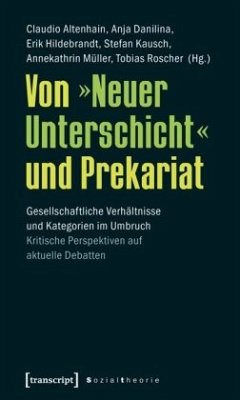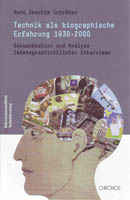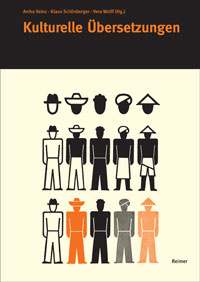Klingt wie Geschichte
Johannes Müske und Thomas Hengartner, beide Mitglieder dieses Forschungskollegs, haben auf dem 10. Internationalen Kongress der Societé Internationale d’Ethnologie et de Folklore SIEF in Lissabon am Panel Sound, space and memory: ways of emotionalizing and instrumentalizing sound teilgenommen. Hier die längere Version ihres Abstracts:
Sounds are ephemeral phenomena, which are omnipresent elements of our sensory surroundings. Soundscape is a multi-faceted term which refers at the same time to the sonic environment of a place and to a variety of cultural practices with respect to sounds, such as performing, listening, interpreting, recording, or creating. But how can sounds become constituting elements of a group - put differently: How do sounds become cultural heritage/cultural property? In order to empirically investigate these ideas, we conducted a case study that was based on interviews and sound recordings. The data were collected in the context of a sound exhibition project ("Harbour Soundscape", Flensburg Maritime Museum 2010) as part of the DFG-research project "Sounds and tones as cultural property?".
Our paper investigates why some sounds are stronger value-laden than others and therefore have contributed to the notion that Flensburg owns a rich maritime past. For example, the sounds that people in Flensburg (Germany) associate with their city are those of the sea, church bells, and ship horns - and do not include those of daily city life, like traffic. In this context, we focus on how actors and institutions participate in the construction of maritime heritage. We conclude that the human senses are culturally encoded instruments and, therefore, ideas and discourses play an important role in the interpretation of soundscapes.
Die Kurz- und die Langversionen aller Abstracts dieses Panels sind auf den Konferenzseiten zu finden.
Eine ausführliche Beschreibung des Projektes hafen-klang-landschaft gibt es im Themenheft 2/2009 der Volkskundlich-Kulturwissenschaftlichen Schriften des hamburger Instituts.
Sounds are ephemeral phenomena, which are omnipresent elements of our sensory surroundings. Soundscape is a multi-faceted term which refers at the same time to the sonic environment of a place and to a variety of cultural practices with respect to sounds, such as performing, listening, interpreting, recording, or creating. But how can sounds become constituting elements of a group - put differently: How do sounds become cultural heritage/cultural property? In order to empirically investigate these ideas, we conducted a case study that was based on interviews and sound recordings. The data were collected in the context of a sound exhibition project ("Harbour Soundscape", Flensburg Maritime Museum 2010) as part of the DFG-research project "Sounds and tones as cultural property?".
Our paper investigates why some sounds are stronger value-laden than others and therefore have contributed to the notion that Flensburg owns a rich maritime past. For example, the sounds that people in Flensburg (Germany) associate with their city are those of the sea, church bells, and ship horns - and do not include those of daily city life, like traffic. In this context, we focus on how actors and institutions participate in the construction of maritime heritage. We conclude that the human senses are culturally encoded instruments and, therefore, ideas and discourses play an important role in the interpretation of soundscapes.
Die Kurz- und die Langversionen aller Abstracts dieses Panels sind auf den Konferenzseiten zu finden.
Eine ausführliche Beschreibung des Projektes hafen-klang-landschaft gibt es im Themenheft 2/2009 der Volkskundlich-Kulturwissenschaftlichen Schriften des hamburger Instituts.
amischerikow - 24. Jun, 17:04
















Besser spät als nie